Lean UX combines the Lean Principles of “rapid experimentation” and “evidence-based decision making,” with systems thinking and an agile approach to development. As in Lean development, Lean UX emphasizes supporting the user experience, achieving a “minimum viable product” (MVP), and sharing the MVP while collecting feedback and making rapid revisions. Lean UX adds a critical component to the genre. Authors Jeff Gothelf and Josh Seiden, who are design experts, present their information clearly and cleanly, though they do seem to figure that readers already have a grounding in Lean and Agile development. Thus, getAbstract recommends this fluff-free and practical guide to designers, developers, program managers and project managers.
Why Lean UX?
Today’s companies send out a continual flow of digital products and updates. Amazon makes updates, on average, every 11.6 seconds. Your ability to make constant improvements in response to ongoing user feedback creates a better customer experience and a stronger business.
In contrast, those who follow the old “waterfall” approaches to development can’t compete with this faster process. Detailed and drawn-out design procedures can’t keep up with the speed at which makers now must adapt their products, services and features. The Lean UX approach offers processes you can adapt to your culture, even as it changes your culture.
“The Foundations of Lean UX”
Lean UX relies on “design thinking” that emphasizes collaboration. It calls for a cross-disciplinary, open and inclusive mind-set that prioritizes action and feedback over planning and documentation. Lean UX designers and developers expect their early releases to miss the mark, but after release they iterate the product constantly toward success.
Lean UX Principles
These principles guide the Lean UX culture, its teams and its ...










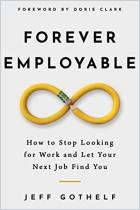
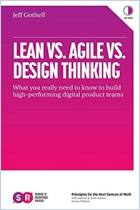
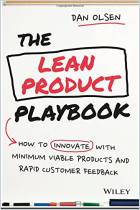
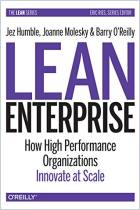
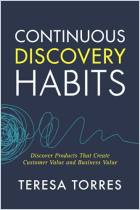
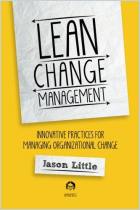
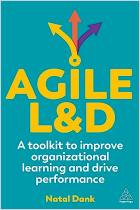
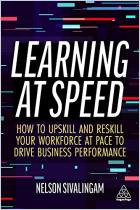






Comment on this summary